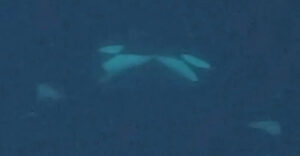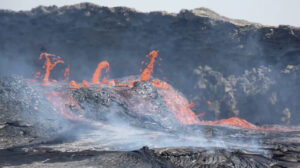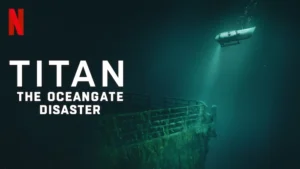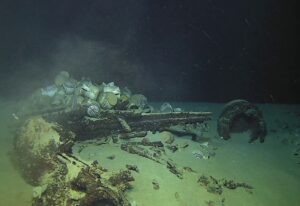Japanese whaling ships have departed for the Antarctic hunt, resuming the programme after a year, despite international opposition. Target: 333 Minkes.
Japan says its whaling programme is for scientific research – one of the exceptions in which whaling is allowed under international rules.
But in 2014 the International Court of Justice (ICJ) said its Antarctic hunt was not scientific and should cease.
Activists say the programme is inhumane and unsustainable.
Japan insists it is trying to prove the whale population is large enough to justify a return to whaling for commercial purposes, and says it has to kills the mammals to carry out its research.
In the 2014/2015 season Japan said it would respect the ICJ’s decision and did not catch any whales in the Antarctic, although it did go ahead with a smaller hunt in the Pacific.
Japan’s Fisheries Agency said on Monday that it has taken into account the ICJ’s ruling and this year aims to catch only 333 Antarctic minke whales – about one-third of previous targets.
Several nations, including Australia, which brought the ICJ case against Japan, have voiced their dismay at the resumption of the hunts, as have environmental activists.
“It’s not scientific research, it’s straight-up commercial whaling, and it’s been declared illegal by the International Court of Justice,” Nathaniel Pelle from Greenpeace Australia told the AFP news agency.
An 8,000 tonne ship – the Nisshin Maru- and three smaller harpoon ships departed from Shimonoseki in south-western Japan.
Tomoaki Nakao, the mayor of Shimonoseki, was wholeheartedly behind the resumption.
“There’s nothing as happy as this day,” he said at a ceremony for the fleet’s crew before they set sail.
The hunt itself will run from late December until March next year, according to Japan’s Fisheries Agency. The decision to resume was announced just days before Tuesday’s sailing.
The International Whaling Commission (IWC) that regulates the industry, agreed a pause – commonly now known as the moratorium – on whaling, to begin from the 1985/6 season. Japan agreed to the moratorium but has since continued whaling under the scientific research exemption.
Some other whaling nations, for example Norway, continue having simply lodged formal objections to the moratorium. While indigenous groups that whale are permitted under an “Aboriginal subsistence” exemption.






